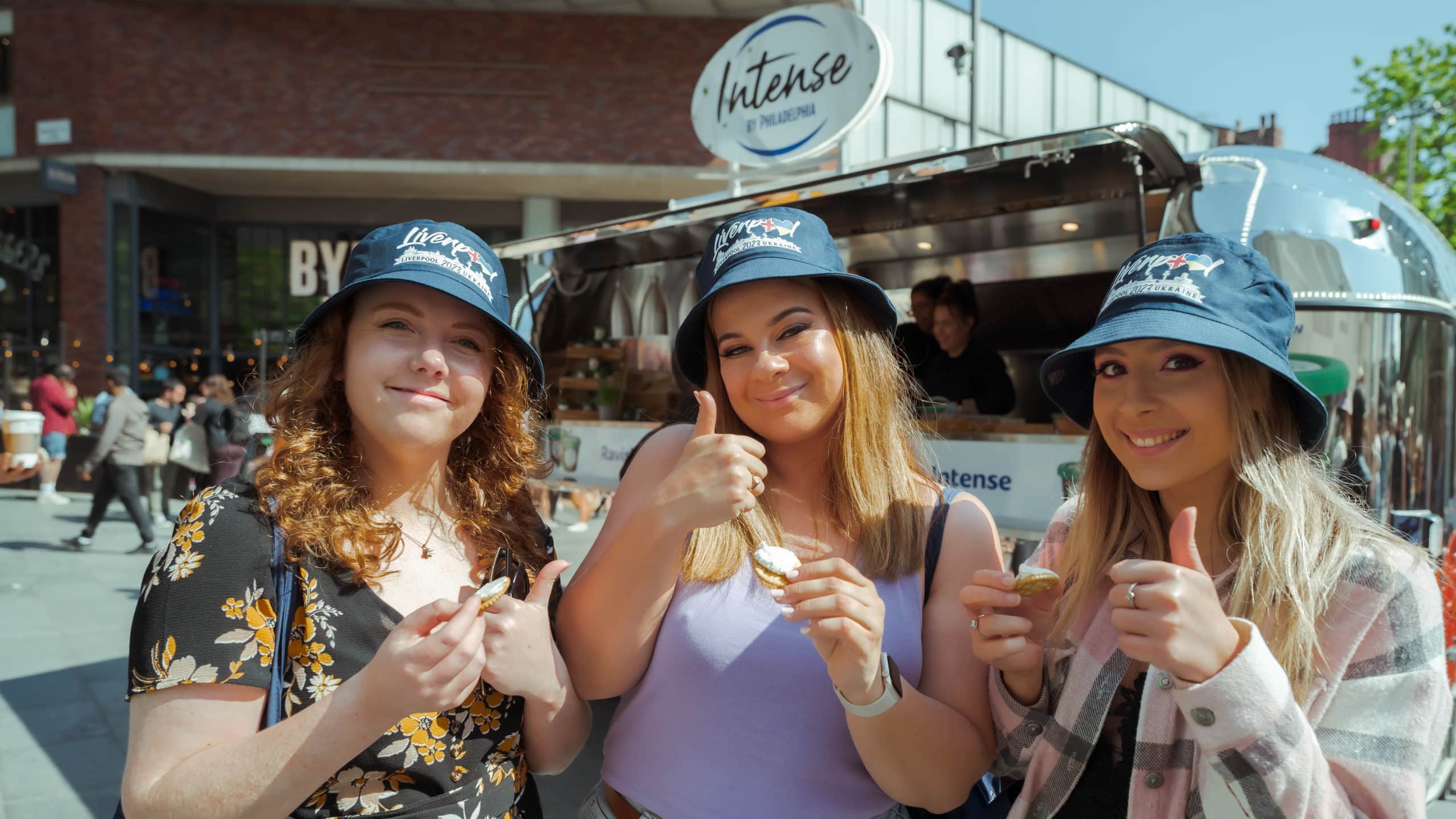Launching a brand via experiential marketing: the DOs and DON’Ts
September 2023

September 2023

For a start-up entering a saturated market, it’s important to consider all avenues for marketing and exposure as a part of your launch strategy.
Experiential marketing is an effective way for start-ups to break into a market since it focuses on creating intimate and memorable experiences with audiences, while also fostering long-lasting connections. This has been closely linked to loyalty, and boosting repeat business.
Creating an interactive, immersive environment in which customers can learn about, sample and engage with a product is an excellent way to create a long-lasting impression with your audiences. But there are nuances to consider that will depend on your industry, targeted demographics, and budget. Here, we’ll lay out some of the dos and don’ts of experiential marketing for start-ups.
Be clear on what experiential marketing is, what it means, and what can be achieved for your brand. There may be limitations due to the nature of your brand or product, or your audience, so ensure you fully understand the scope of experiential and that even with a smaller budget, an experiential marketing campaign can be launched to engage audiences with your product. Smaller-scale experiences are often more intimate and lead to even more loyal customers, but be clear on exactly what experiential marketing and brand experience events encompass.
Do carry out preliminary research on who your audiences are, the demographic subsets within them, and their preferences and values. Your experiential marketing strategy needs to be closely aligned with your audience’s behaviour and preferences including the location of the event and the types of engagement strategy. Research will ensure you are equipped with the knowledge to spend your budget wisely and see a greater return on investment.
Experiential marketing is incredibly effective for start-ups but visibility will be key in getting the right audiences in front of your product. Ensure your marketing team has a strategy for visibility and promotion around the event. Making noise across various other media platforms, connecting with audiences prior to the event, and letting audiences know what to expect is a great way to manage expectations and create intrigue and buzz around your brand.
Experiential marketing allows brands to measure customer engagement more accurately than traditional forms of advertising. As a tangible event, there are opportunities to gather observational data as well as collect information through social media and monitoring conversions. Surveys are also a great way to measure the perception and performance of the event and these can be done with an incentive offered during the event. The great thing about capturing that information in the moment is that it’s likely more accurate and fresh, as opposed to waiting for a consumer to respond later on.
Do not forgo other marketing platforms. Ensure you leverage other marketing platforms such as social media, email and even print advertising to get visible among your audiences. Social media allows you to maintain consistent communication with audiences and participants. Let consumers you interact with know how to reach you and find out more about you through other relevant platforms but as mentioned above be clear on who your audiences are and where they spend their time.
You need to create content people want to share. Having a defined content strategy and social strategy with relevant hashtags will encourage UGC (User-generated content), expand your reach and widen your network of qualified leads. Remember to stay in touch with consumers once the event has finished and have a clear sales funnel in place that helps to nurture them towards a purchase.
Don’t expect audiences to happily engage straight away without incentives or an engagement strategy. What’s in it for them? As a start-up, there will be more groundwork to put in before a campaign takes off since you do not have the reputation and visibility of more established brands. Be mindful of presumptuousness, and take time to slowly build up your reputation beforehand. This will help to cement trust within a market that is still getting to know you and your products.
Experiential marketing and brand experience events take many forms. This means that they are suitable and effective for a range of markets and industries. Experiential marketing can be an incredibly successful way for a start-up to break into a new market and launch a new product. But there are specific elements that need to be understood and managed carefully before, during and after the event. If you need assistance with planning and executing your campaign, our team is waiting for your call!